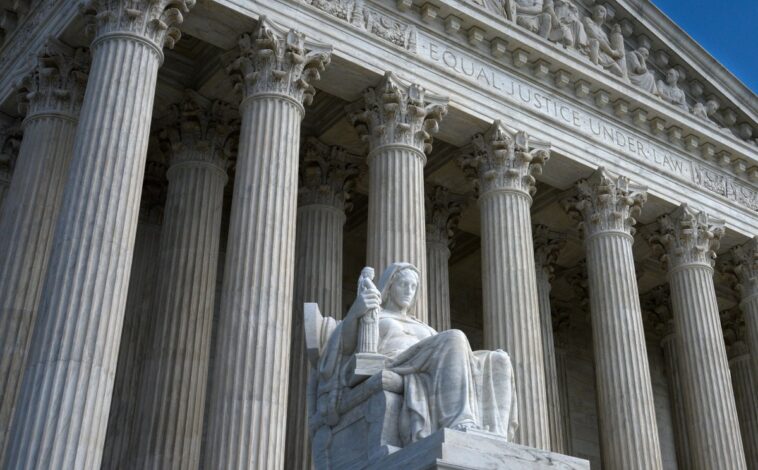Opinion Article: Examining the Impact of Social Media Content Moderation Laws
As the Supreme Court examines state laws aimed at restricting how social media companies moderate content on their platforms, the implications of such laws have become a major topic of discussion. While social media companies have long been thought of as the “Wild West” of the internet, the potential for governments to intervene and impose regulations on how these platforms operate raises a number of questions. How will this impact the way users engage with social media? What will this mean for the future of free speech online? This opinion article seeks to explore the potential implications of state laws regulating social media content moderation.
Background of Social Media Content Moderation Laws
The idea of regulating social media content moderation has been gaining traction in recent years. In 2018, the European Union passed the General Data Protection Regulation, which “requires that social media companies take responsibility for the content they host and provide users with more control over how their data is used”. A number of U.S. states have also passed legislation seeking to regulate how social media companies moderate content. For example, Arkansas has a law that enables people to sue social media companies if they feel that their free speech rights have been violated, while Oklahoma has a law that prohibits social media companies from censoring content based on political or religious views. Now, the Supreme Court will be examining the legality of such laws.
The Impact of Social Media Content Moderation Regulations
If the Supreme Court rules in favor of these laws, it could have a dramatic impact on the way social media companies moderate content. Social media companies may be more inclined to err on the side of caution, meaning that they may be less likely to remove potentially offensive or controversial content. This could lead to an increase in the amount of harmful content online, as well as an increase in the amount of trolling and hate speech. It could also have a chilling effect on free speech, as people may be less likely to express their opinions out of fear of being censored or punished.
The Potential for Abuse of Social Media Content Moderation Regulations
The potential for abuse of these laws is also concerning. If the Supreme Court rules in favor of these laws, it could open the door for those in power to use them to their advantage. For example, government officials could use these laws to silence their political opponents, or to suppress criticism of their policies. It could also give corporations and wealthy individuals the power to censor content that is critical of them or their practices.
The Challenge of Striking the Right Balance
The challenge of striking the right balance between protecting free speech and preventing harmful content from proliferating online is a difficult one. On the one hand, social media companies must be held accountable for the content they host on their platforms and must be held to the highest standards of moderation. On the other hand, governments should not be allowed to interfere in how these companies moderate content, as this could lead to censorship and stifle free expression. Finding the right balance between these two goals is no easy task, but it is one that must be addressed if we are to ensure that social media remains a safe and open platform for people to express their ideas and opinions.
Conclusion
As the Supreme Court weighs the legality of state laws that seek to regulate how social media companies moderate content, it is important to consider the potential implications of such legislation. While it is important to ensure that social media companies are held accountable for the content they host, it is equally important to ensure that governments do not interfere in how these companies moderate content. Striking the right balance between protecting free speech and preventing harmful content from proliferating online is a difficult task, but one that must be addressed if we are to ensure that social media remains a safe and open platform for people to express themselves.
READ MORE: https://techcrunch.com/2023/10/04/supreme-court-social-media-case-content-moderation-explained/


